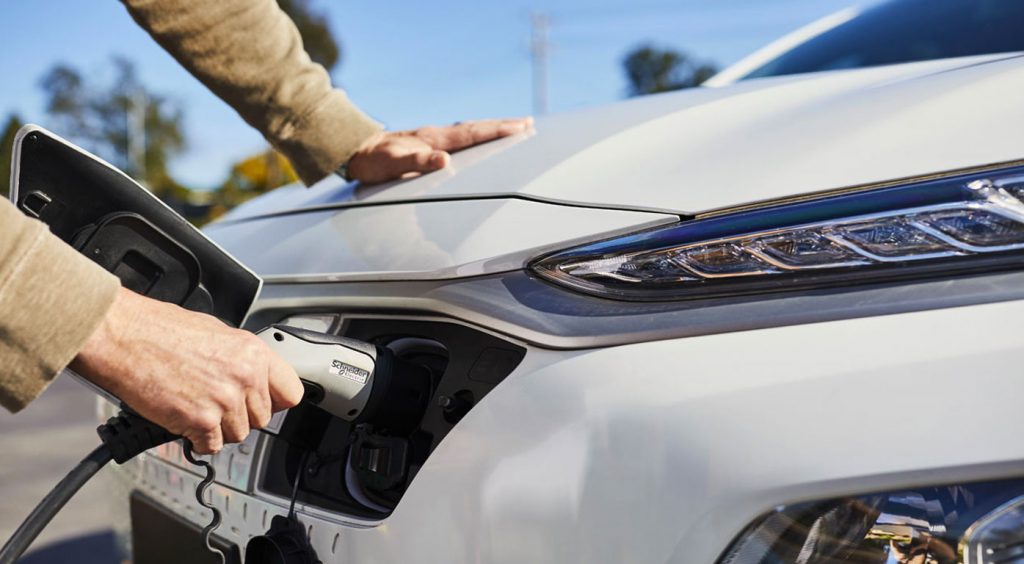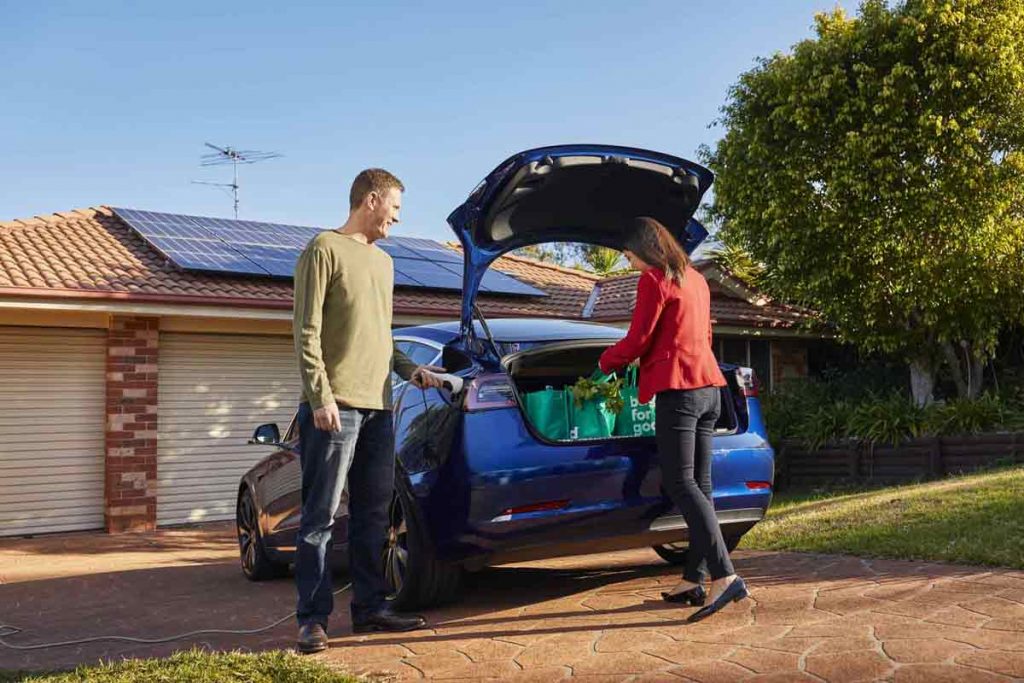Smart electric vehicle chargers aim to minimise load on grid
A road test of smart electric vehicle chargers aims to minimise loads on the grid and maximise the use of renewable energy.

ARENA has announced funding for a new project that aims to prepare the electricity network for growth in electric vehicle uptake.
Led by Origin, the trial will deploy 150 smart electric vehicle chargers that can be remotely monitored and controlled to minimise their impact on the grid.
The chargers will be installed at residential, commercial and industrial properties across New South Wales, Victoria, Queensland and South Australia and be able to connect to Origin’s artificial intelligence platform, which orchestrates all of the distributed energy resources within a premises.
By increasing consumer control and shifting charging to periods of the day when renewables are strongest and wholesale electricity prices are low, Origin believes the technology will also help to improve the economics and appeal of EVs.
Car of the future promises more than transport
Origin’s executive general manager Tony Lucas said people should recognise that electric vehicles are capable of more than the petrol cars we are familiar with today.
“We want to get people thinking about EVs as more than just a car and saving on petrol, they will double as a battery storage in the home and be connected to virtual power plants or used for grid stabilisation, all of which will significantly reduce payback periods and improve the economics of EV ownership for many Australians,” Tony Lucas said.

The project will gather data that helps to understand EV driver behaviour, including their willingness to accept third party control and the types of incentives needed to participate in charge management programs.
“Origin has developed a leading artificial intelligence orchestration platform, with a wide range of distributed assets, such as storage, residential air-conditioning systems, pool pumps and industrial coolers, already connected and continuing to grow,” he said.
“Using the platform, we will be able to remotely switch chargers on and off, or higher or lower, in response to changes in wholesale prices, with benefits for customers in terms of lower charging costs and the NEM as we can more efficiently manage demand and supply in the system.”
The trial will be supported by partners Nissan, Hyundai, Custom Fleet, GreenFlux, Schneider Electric, Ausgrid and United Energy. Information about how to apply to participate will be released soon.
New projects unlocking EV potential
ARENA is providing $838,000 in funding to Origin’s $2.9 million trial, which CEO Darren Miller said will show how the Australian electricity grid can integrate more EVs without costly upgrades.
“As the uptake of EVs increases, it will be important to efficiently manage the charging of vehicles, to avoid potentially costly impacts on peak demand, associated network charges and grid security issues,” Darren Miller said.
“Smart charging enables charging at times when demand is lowest and electricity is cheapest, which reduces the burden on the network and improve the economics for the customer.”
“ARENA’s portfolio of EV projects is exploring various technology solutions, service providers, end users and geographies, helping to demonstrate and inform the market on how EV charging can be managed at higher levels of uptake, with the lowest cost and greatest benefit to consumers,” he said.
In July ARENA announced funding for ACT energy provider ActewAGL to embark on one of the world’s largest vehicle-to-grid trials. The project will deploy 50 Nissan Leaf EVs in the ACT Government fleet and one to ActewAGL, utilising their 40 KW batteries to support the grid for the 70 per cent of time the cars are not in use.
When the project was announced, Australian National University research lead Dr Bjorn Sturmberg quantified the scale of the opportunity that EVs offer for the electricity system.
“One EV battery typically contains as much energy as an average household uses over two-to-four days and can react to events in a tenth of a second,” Dr Stumberg explained.
“If all of Australia’s 19 million vehicles were electric, they would store more energy than nine Snowy 2.0s, or over 20,000 Tesla Big Batteries.”
LIKE THIS STORY? SIGN UP TO OUR NEWSLETTER

ARENA